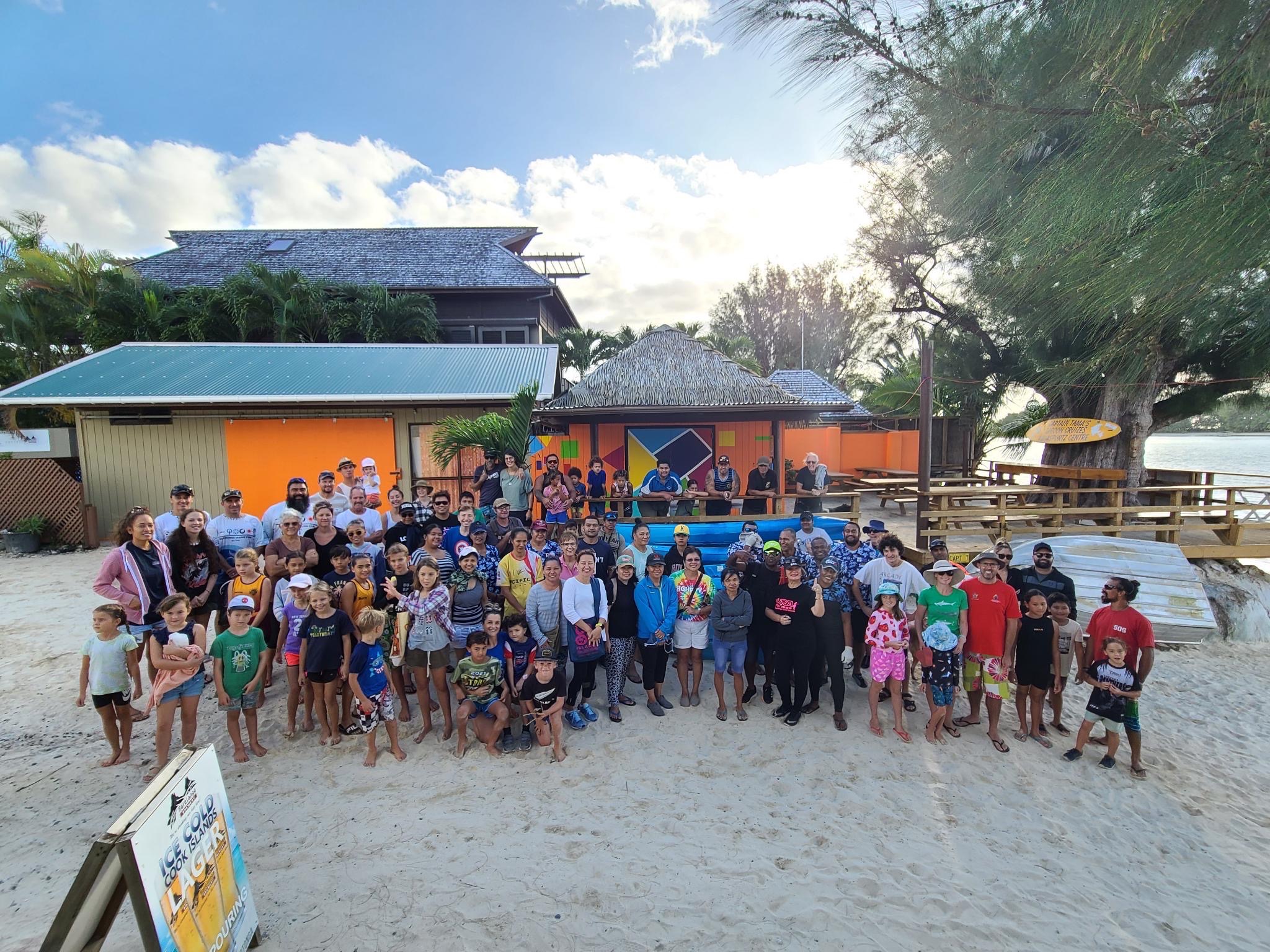Muri Beach Clean up!
Beaches are where the sea meets the land and are an exceptional habitat for indicating what is going on in our oceans. Unfortunately, if you visit any beach these days you will be greeted with a not-so-warm welcome. While the sand appears pristine, a closer look will reveal microplastics in the tide line and rubbish throughout the foreshore.
To tackle this problem on World Oceans Day the 8th of June, we asked primary schools if they were interested in conducting a beach cleanup in front of their school on the day. Participating schools included Apii Arorangi, Apii Nikao, Apii Te Uki Ou and Apii Takitumu where they collected rubbish along the coastline and conducted a mini waste audit to see what was the most waste collected. Conducting a mini waste audit with the primary schools is a great way to get them thinking about the environment and to also incorporate mathematics. Flour bags were kindly donated by Avarua Bakery and used to collect rubbish on the day of the beach cleanup, waste audit sheets were delivered to the primary schools for the students to record their findings and Infrastructure Cook Islands was very helpful with the collection of rubbish.
Muri Environment Care group led the annual Muri Beach Cleanup with support from Te Ipukarea Society and the Rarotonga Sailing Club for the fourth year in a row. The event was a huge success with participation from residents, locals and visitors to Rarotonga.
Infrastructure Cook Islands were again very generous in coming out to Muri for rubbish collection and taking the waste back to the facility to be weighed. The weighing scale recorded a total weight of 113 kgs which consisted of 31 kgs of plastic, 12kgs of metal, 31 kgs of glass and 39 kgs of mixed general waste. Waste was collected from the Muri Beach coastline, streams, motu and surrounding areas.
The waste audit was conducted to gain a better understanding of the type of rubbish that is currently being found along our coastlines. Exposing these wasteful problems to our communities allows us to make the necessary changes that are needed to reduce the number of single-use waste we are using.
In doing so it will become obvious that everything that we consume and throw away has the potential to end up in the sea. Organic matter is not a problem in our environments as it is biodegradable and breaks down quickly. However, materials like plastic, aluminium, polystyrene and glass take a long time to break down.
These plastics are found everywhere, and we are witnessing first-hand the environmental problems associated with them. To minimise these impacts we encourage individuals to consider swapping out their disposables for reusables to reduce the pressures that are being put on our oceans and the environment.
When it comes to ocean pollution there is no single solution, but every little bit helps so by doing your part and finding like-minded individuals to join you as we did on World Oceans Day, a little effort can go a long way. For a beach clean up all you need is some protective gloves and a container to collect your tita and you are good to go. Pick up litter every time you visit the beach, incorporate it into your daily dog walk or you can organise a day with friends, family or work colleagues.

